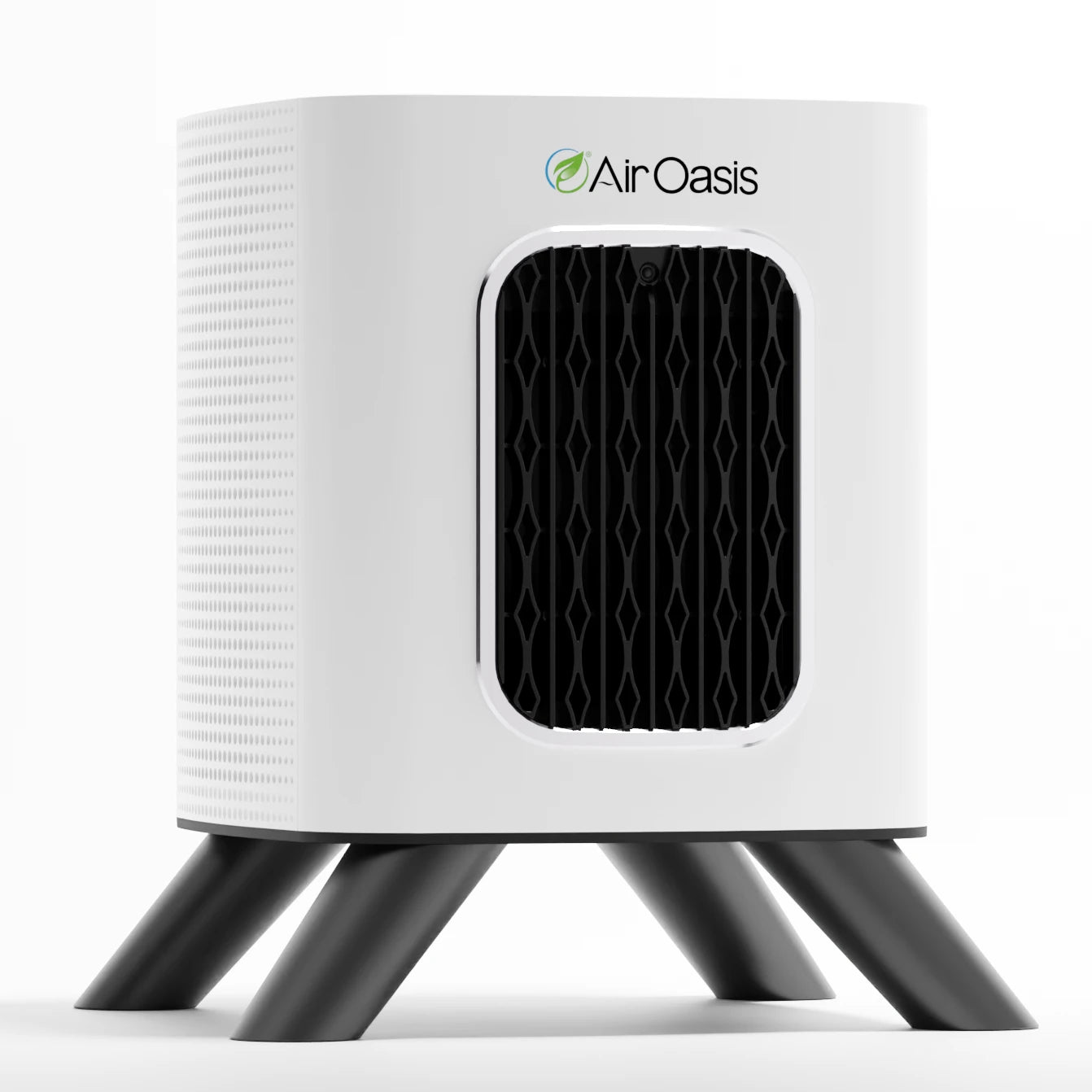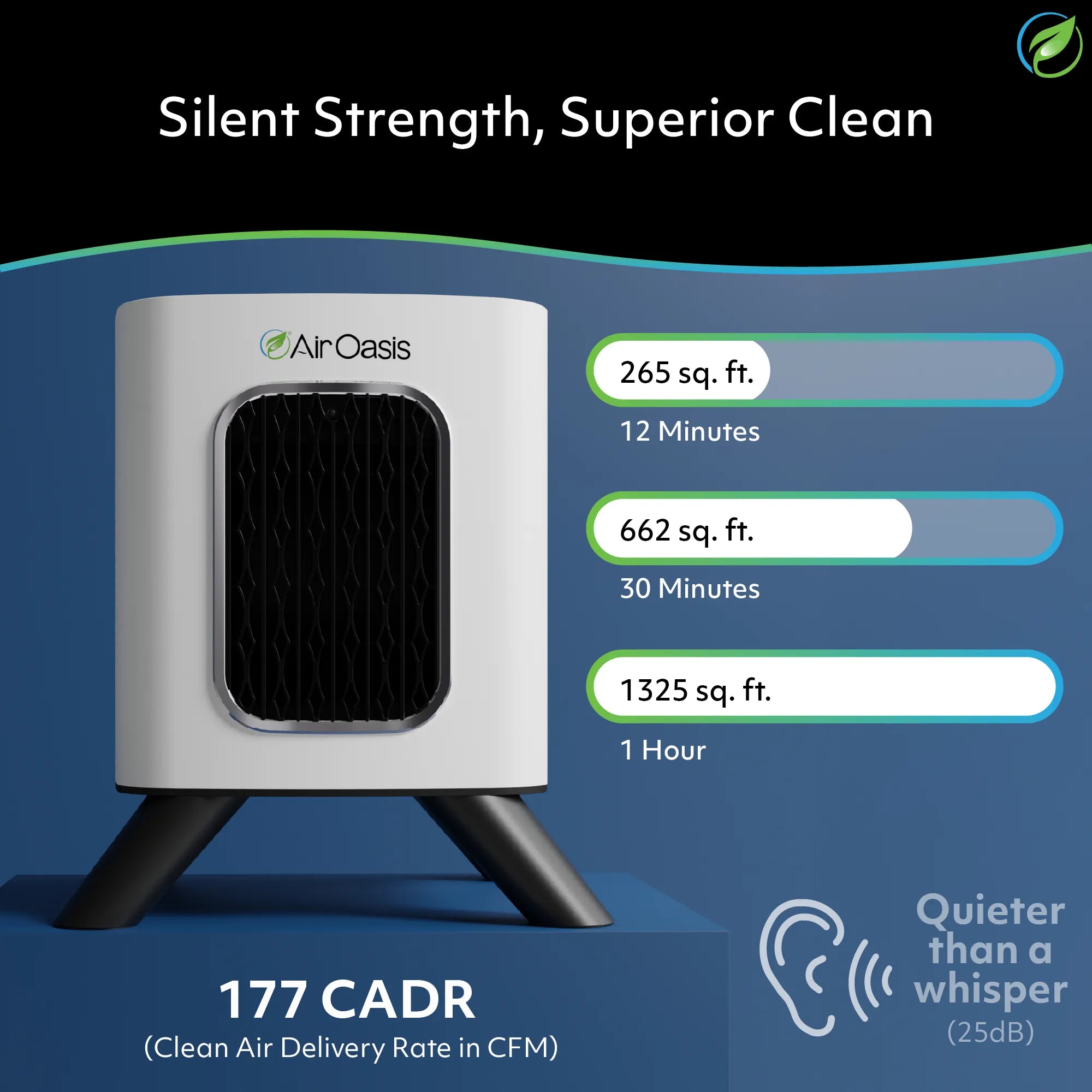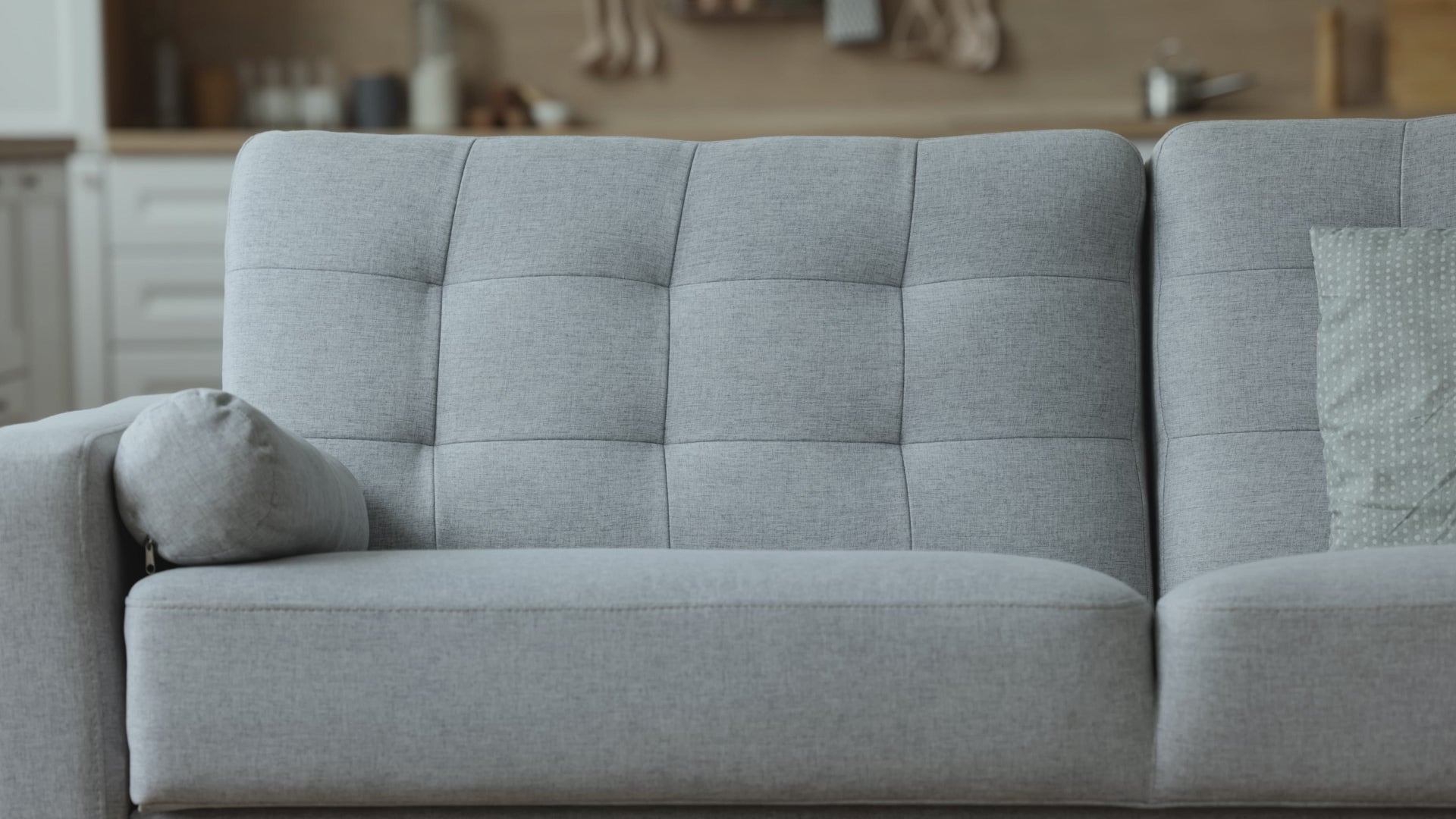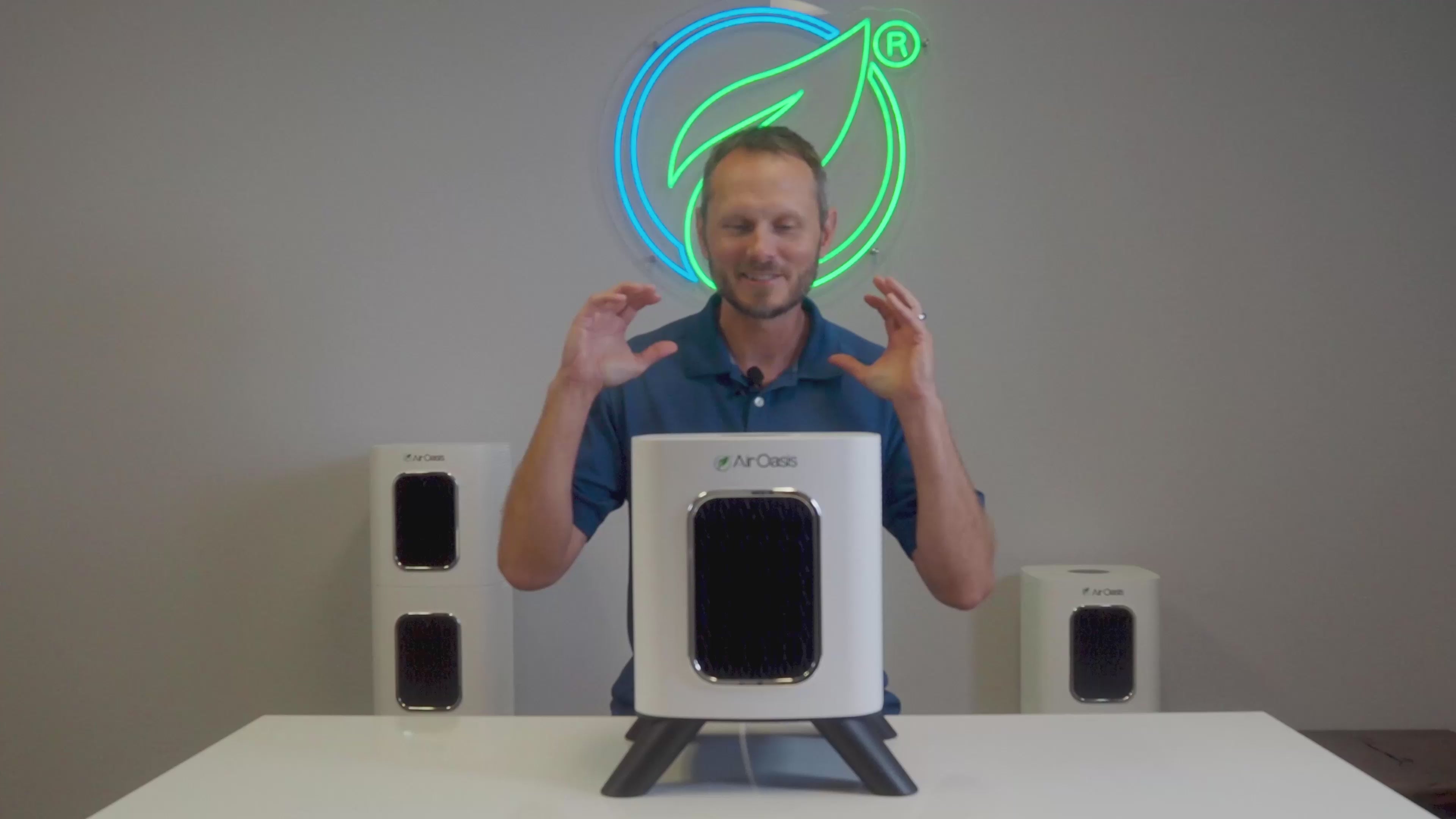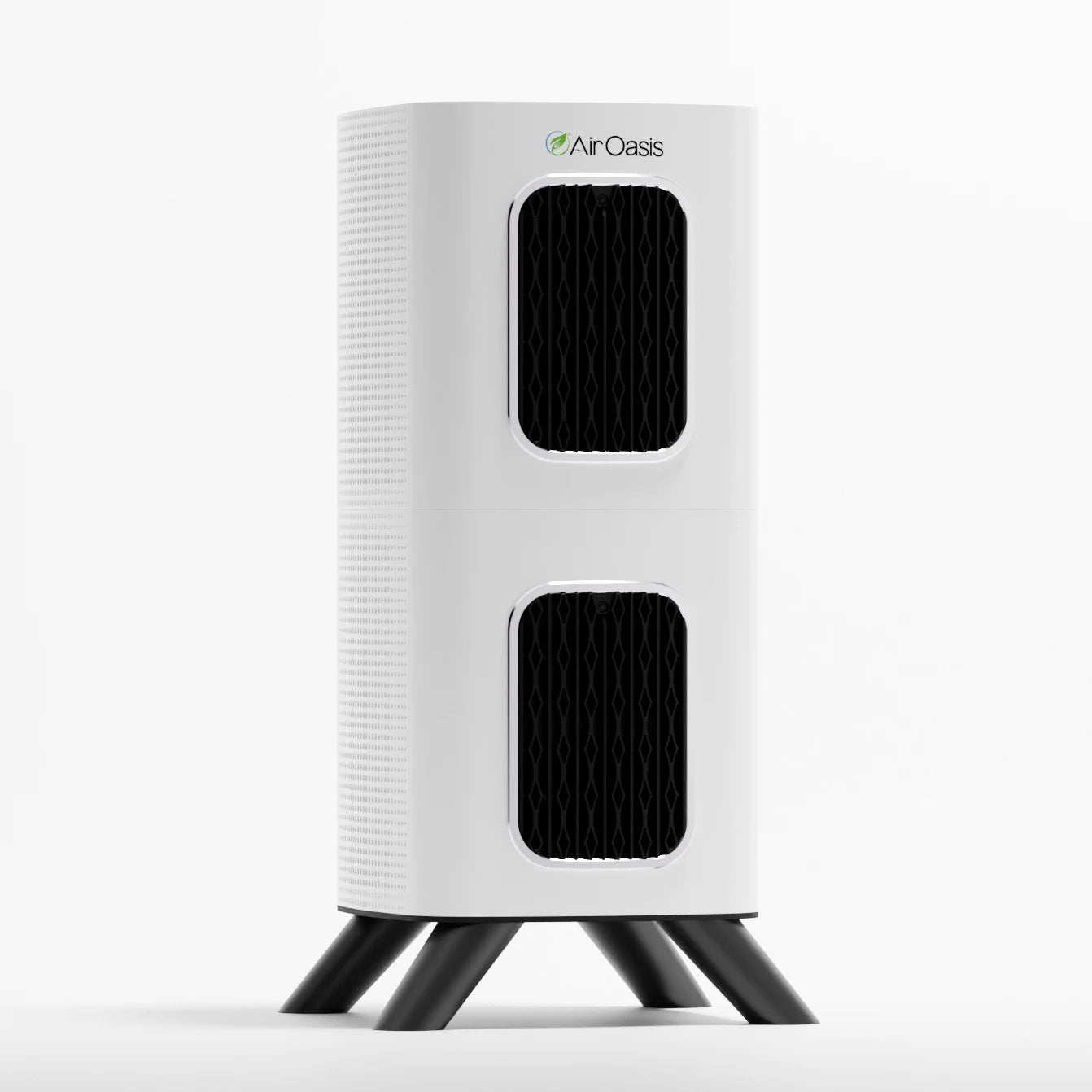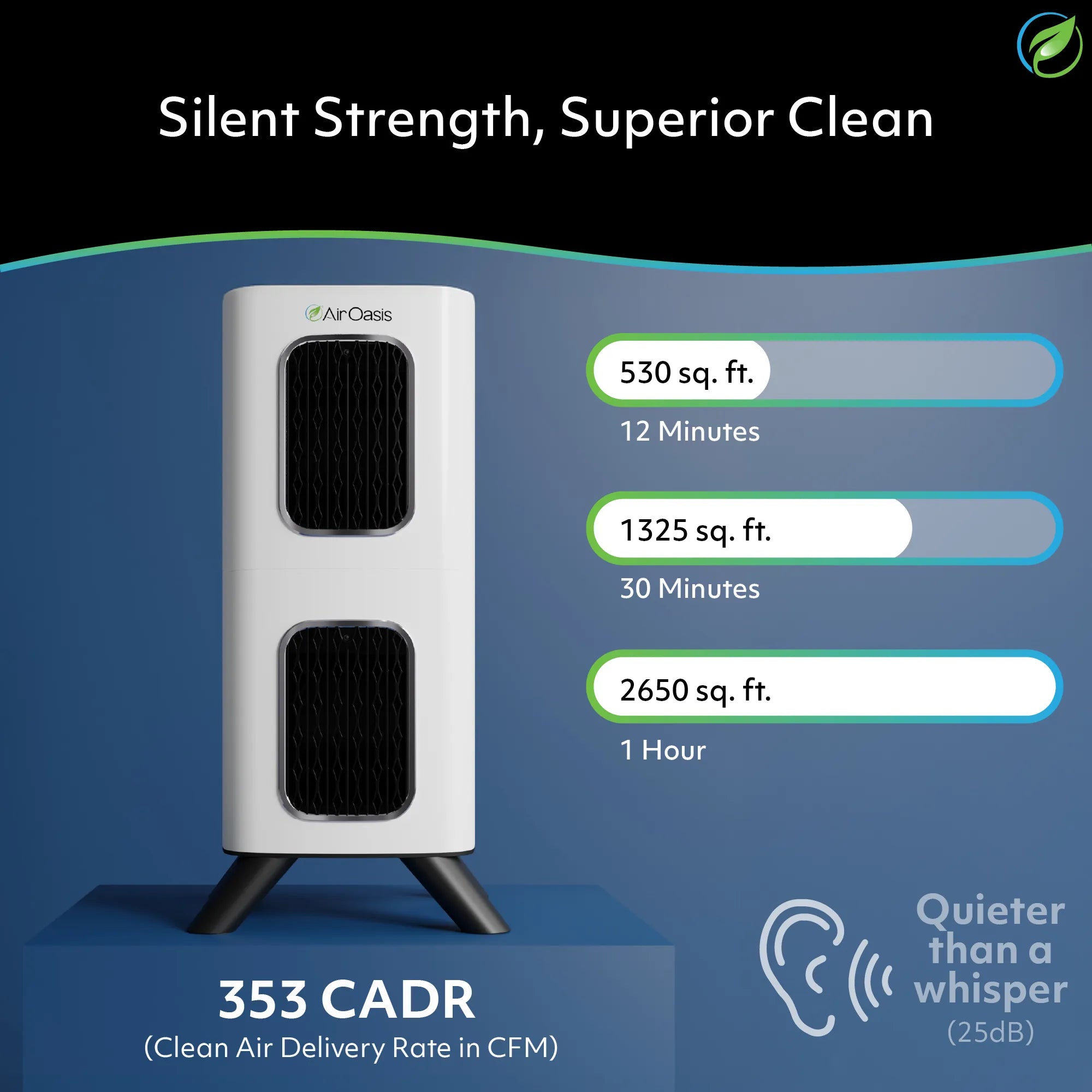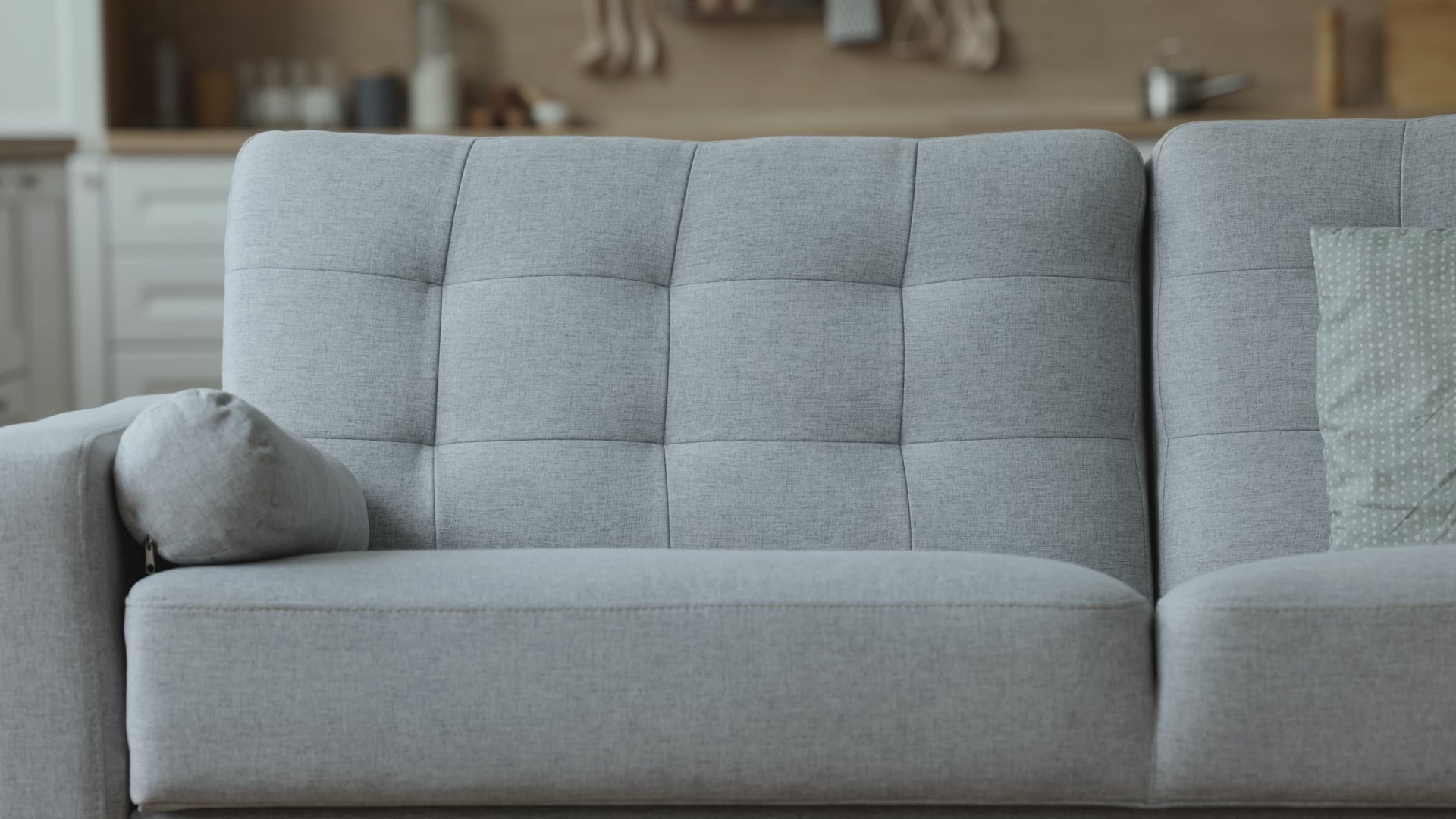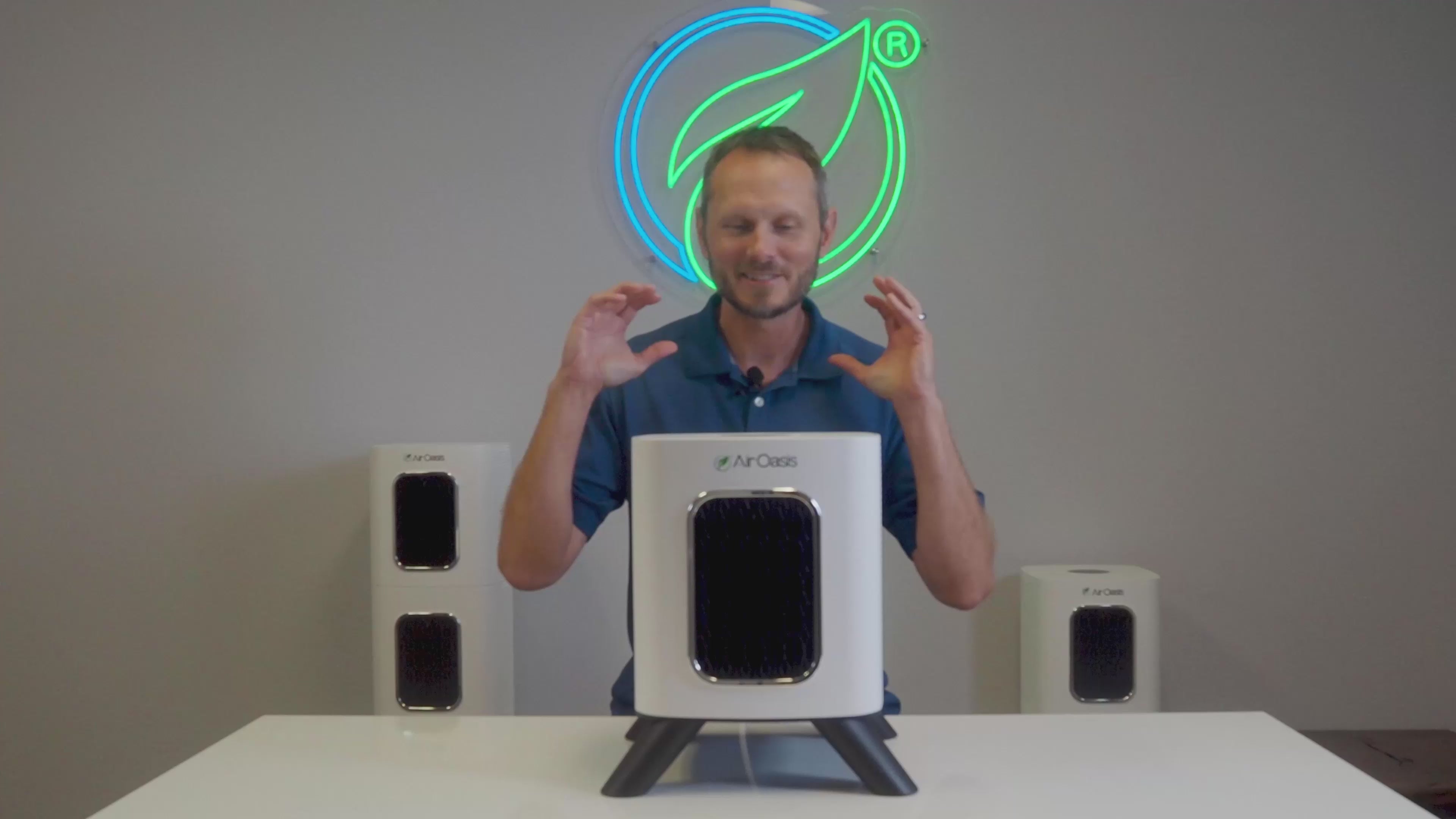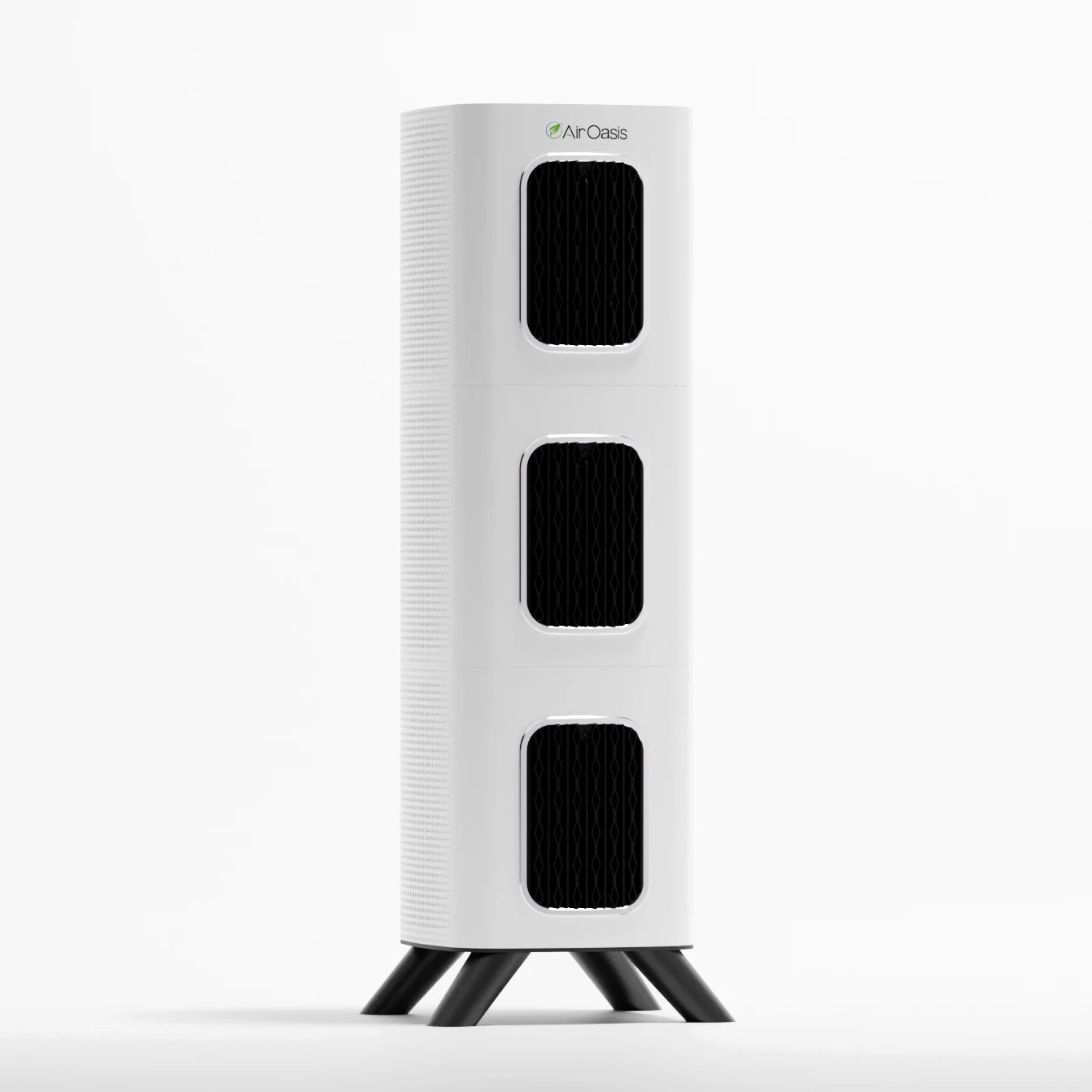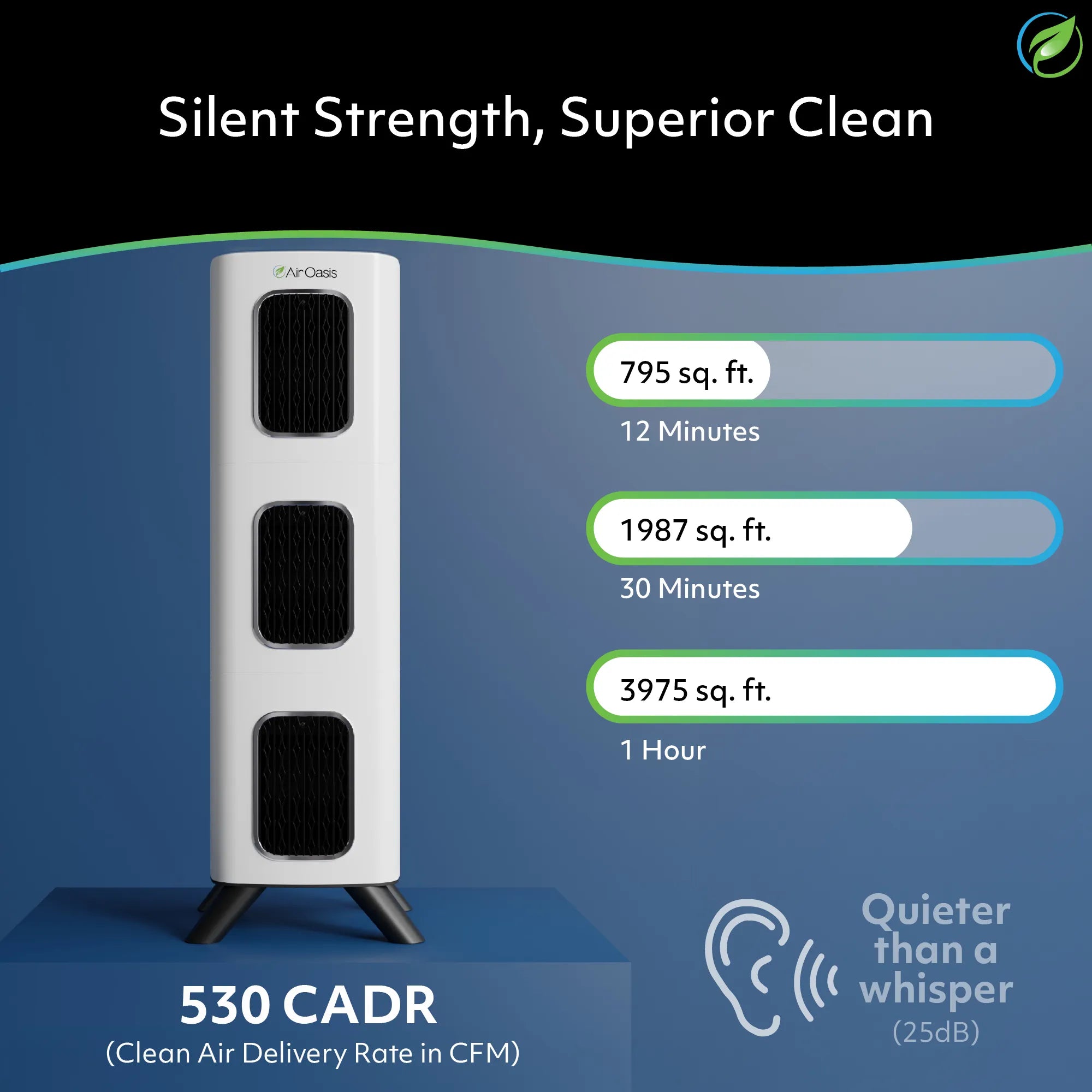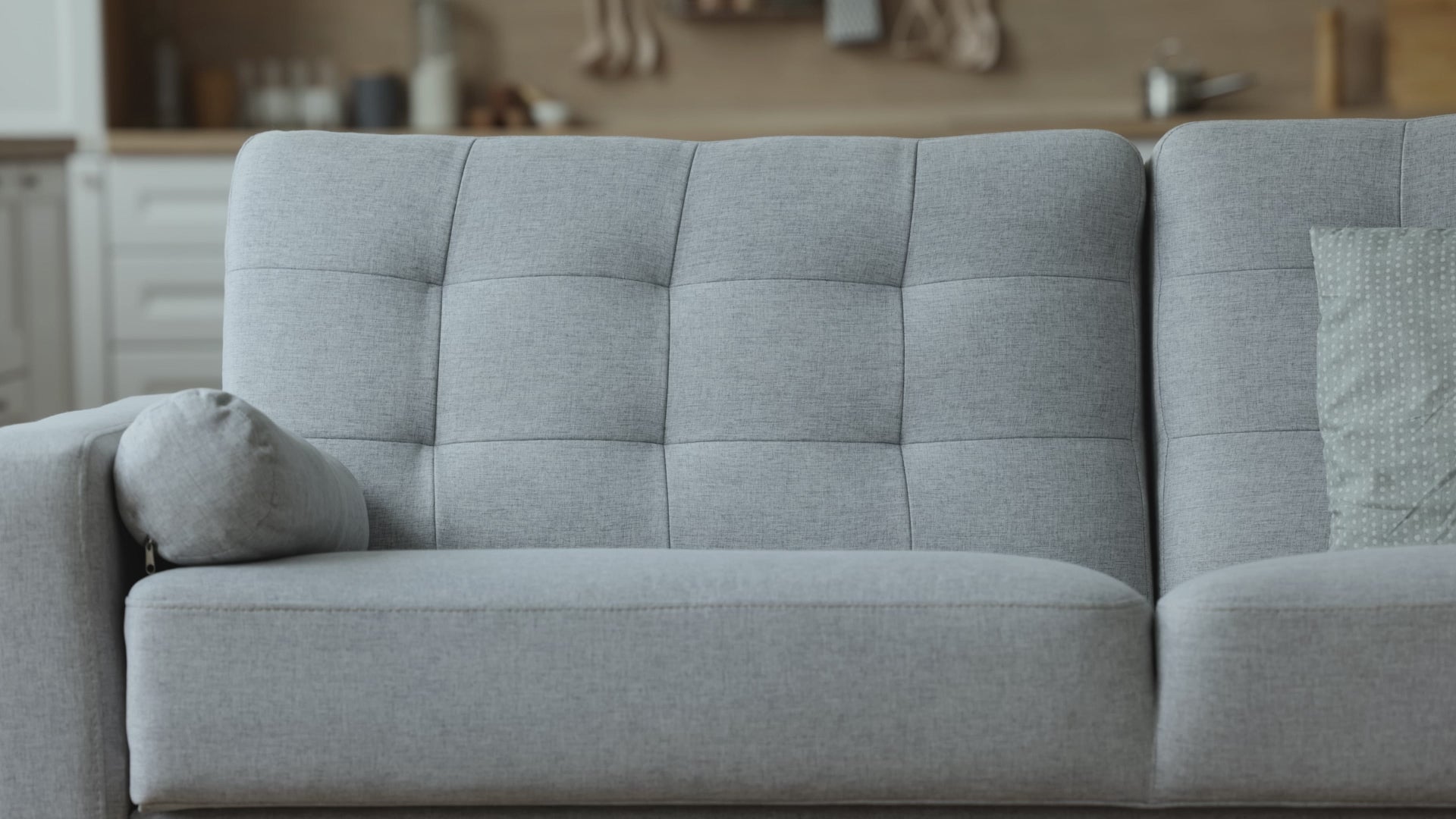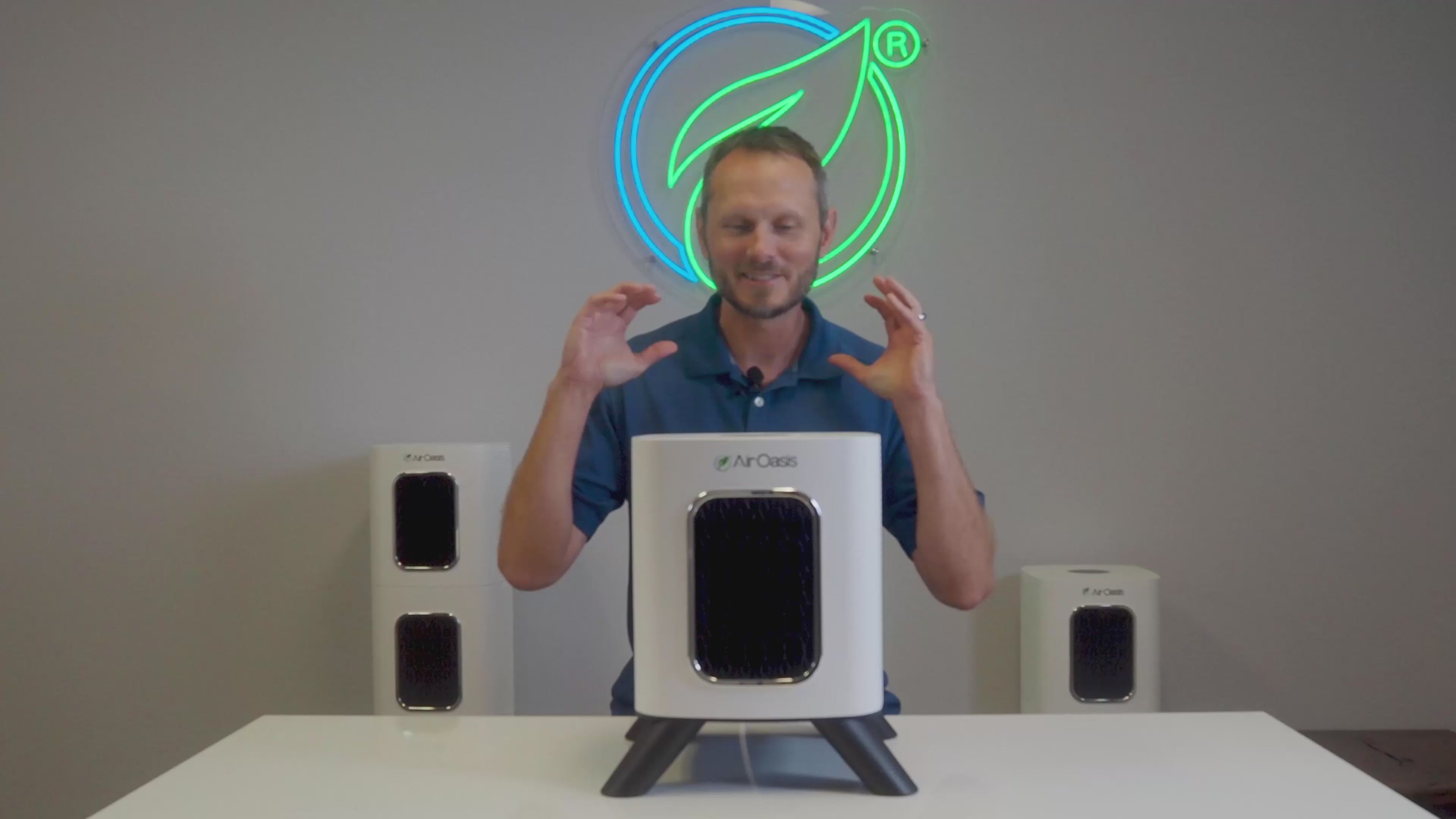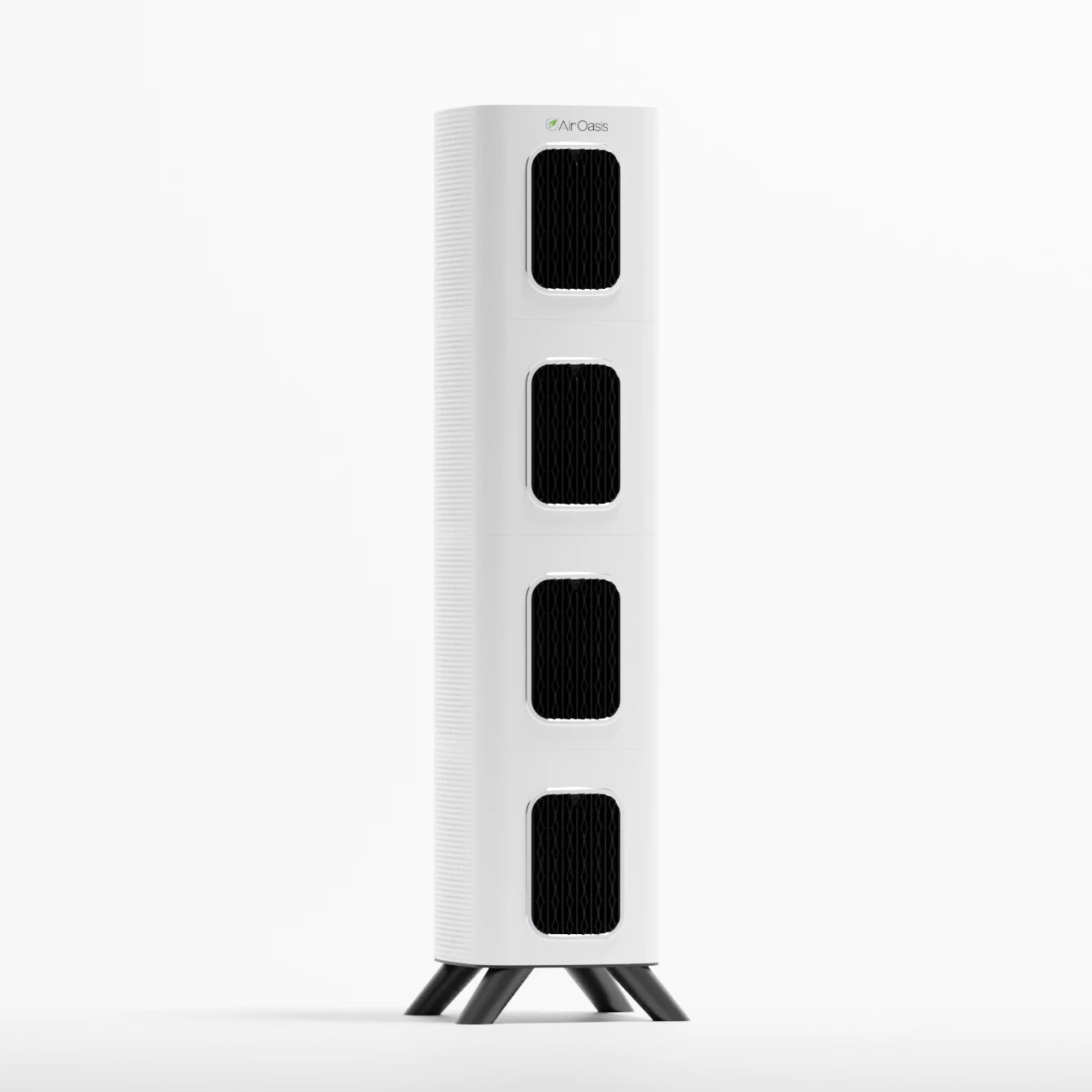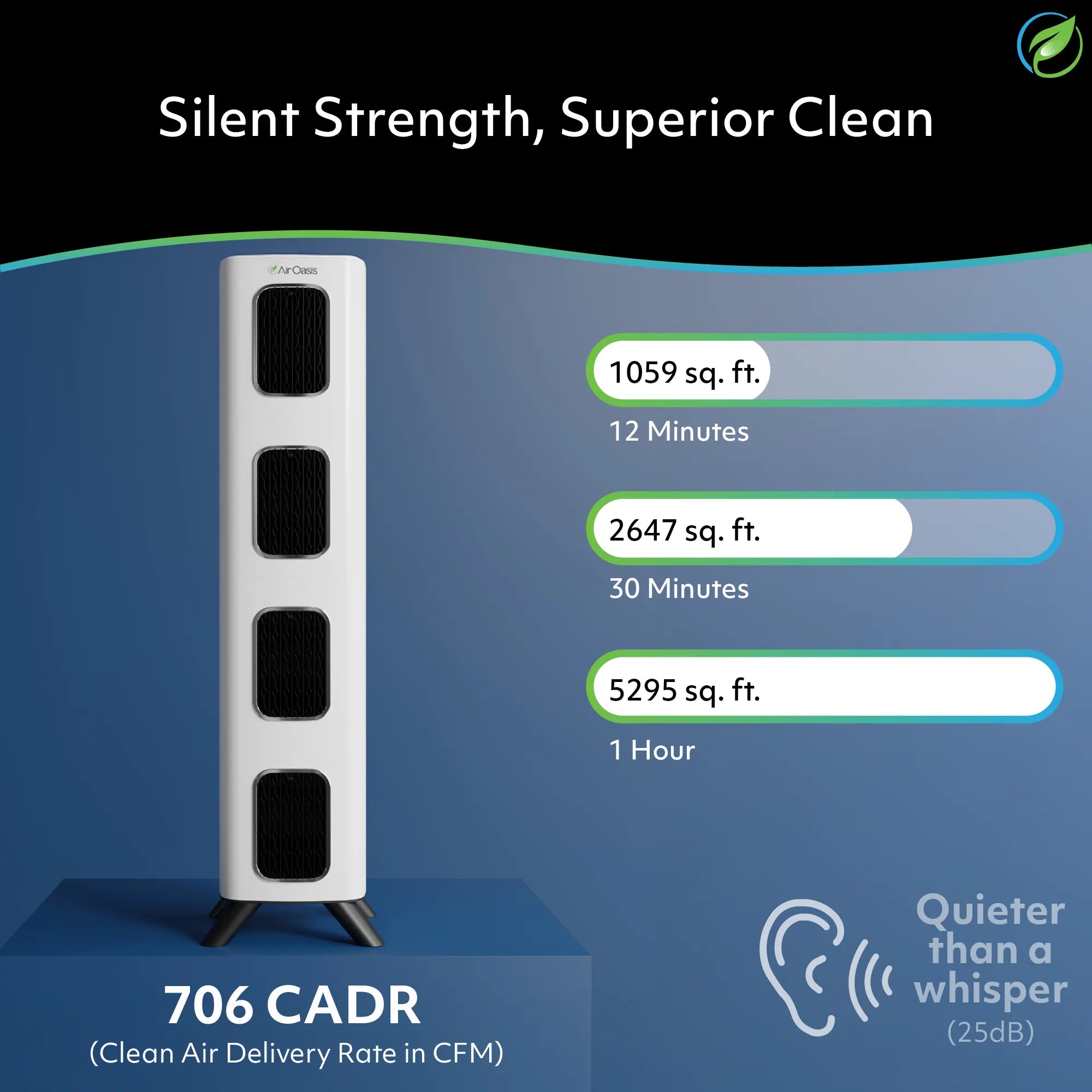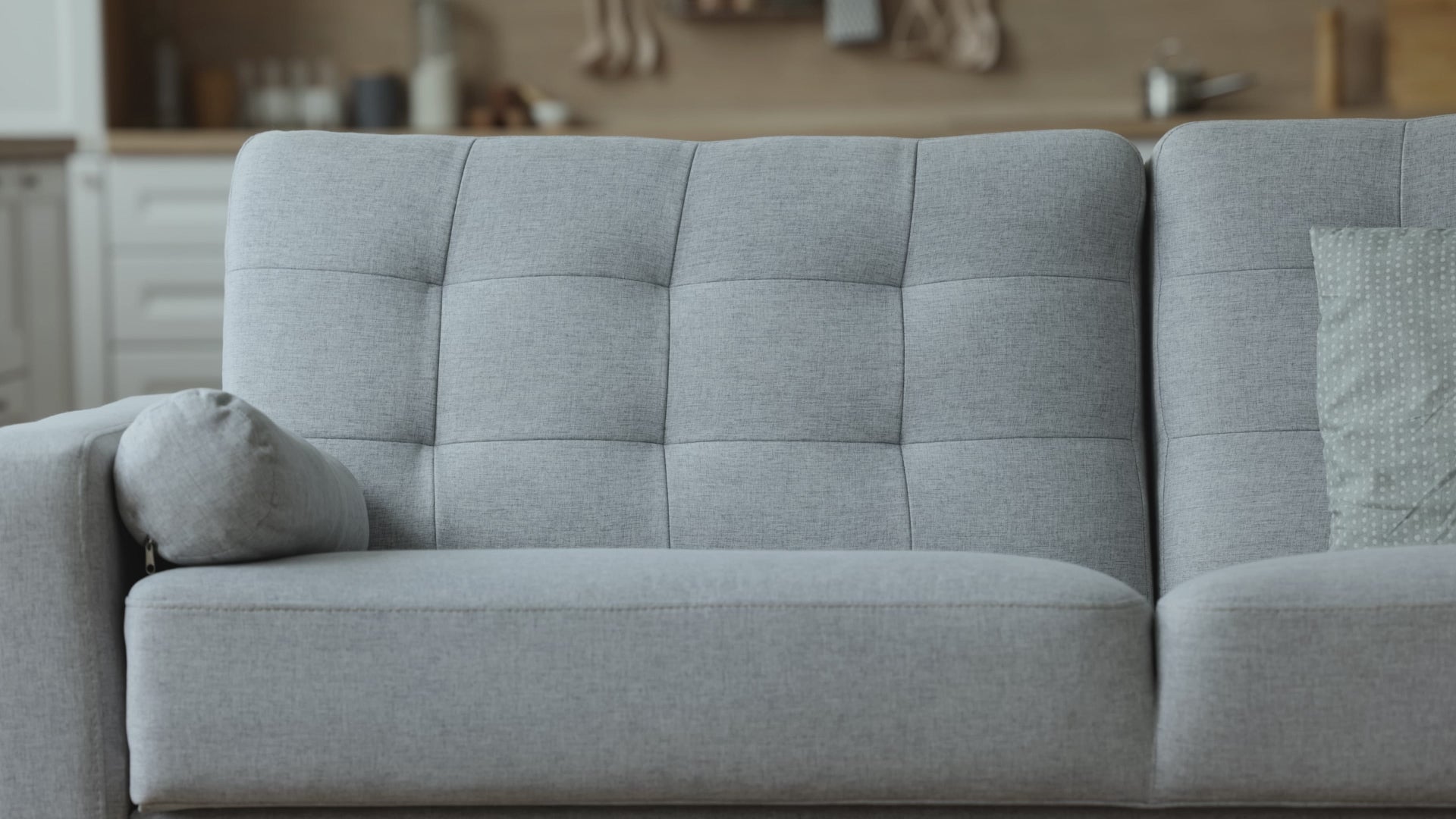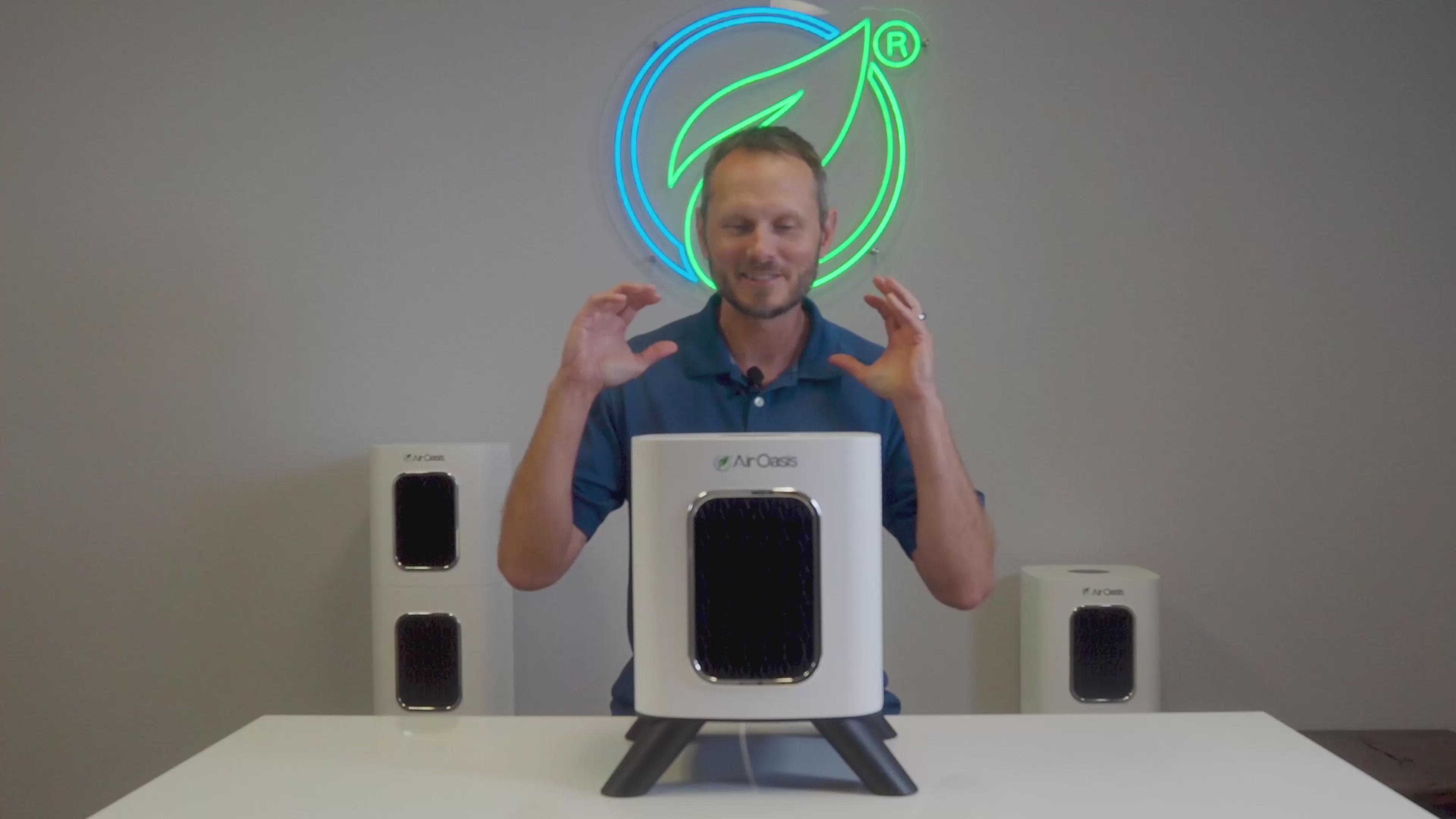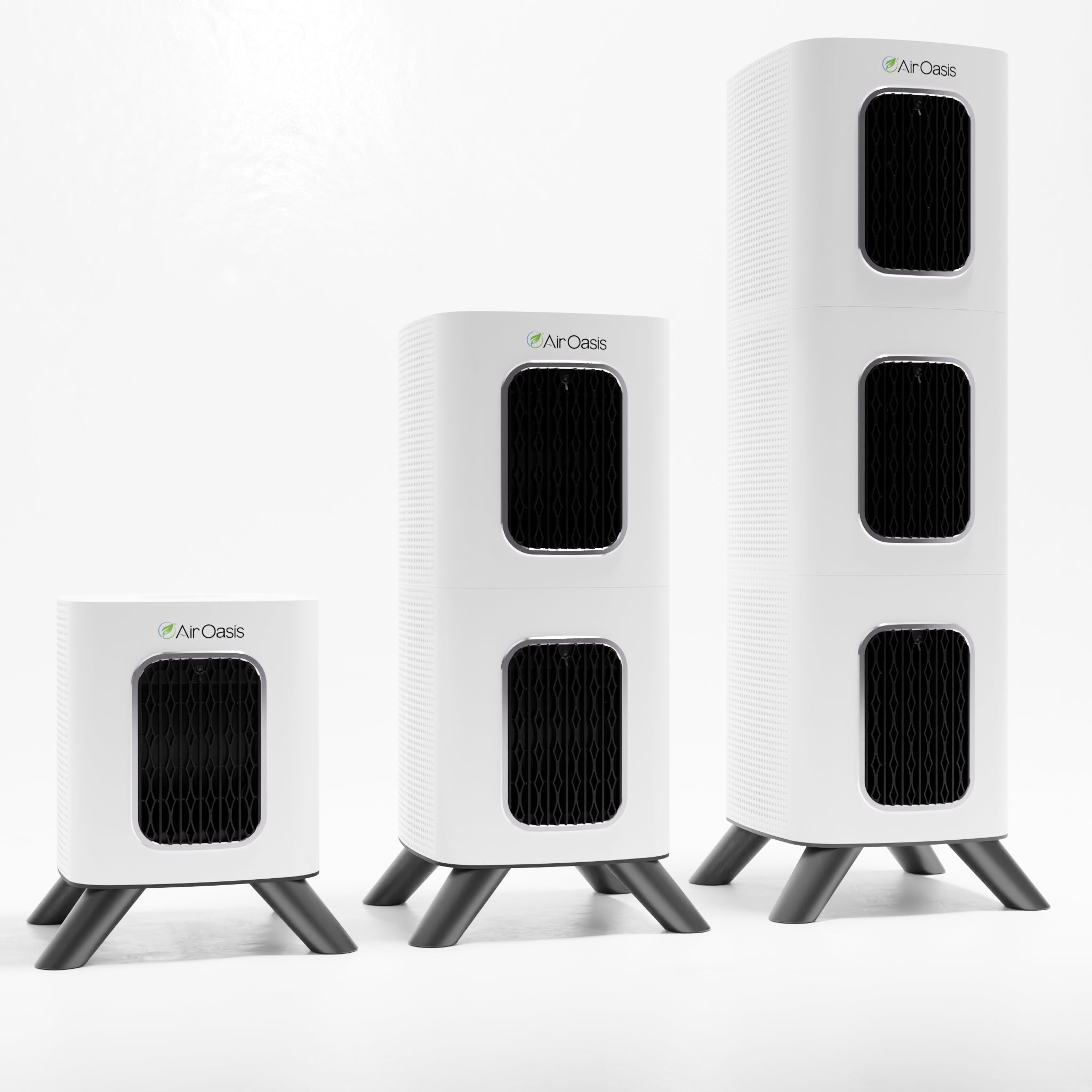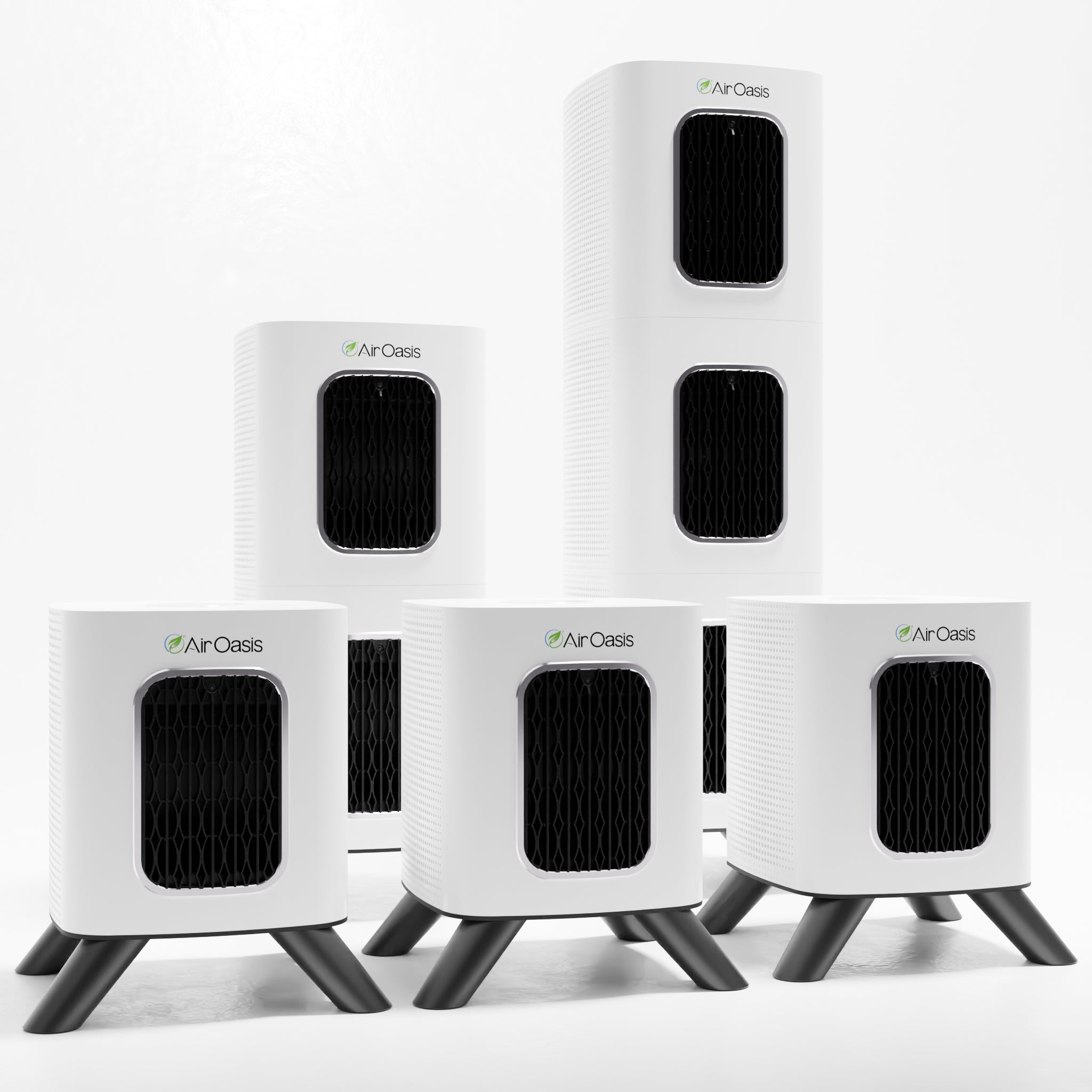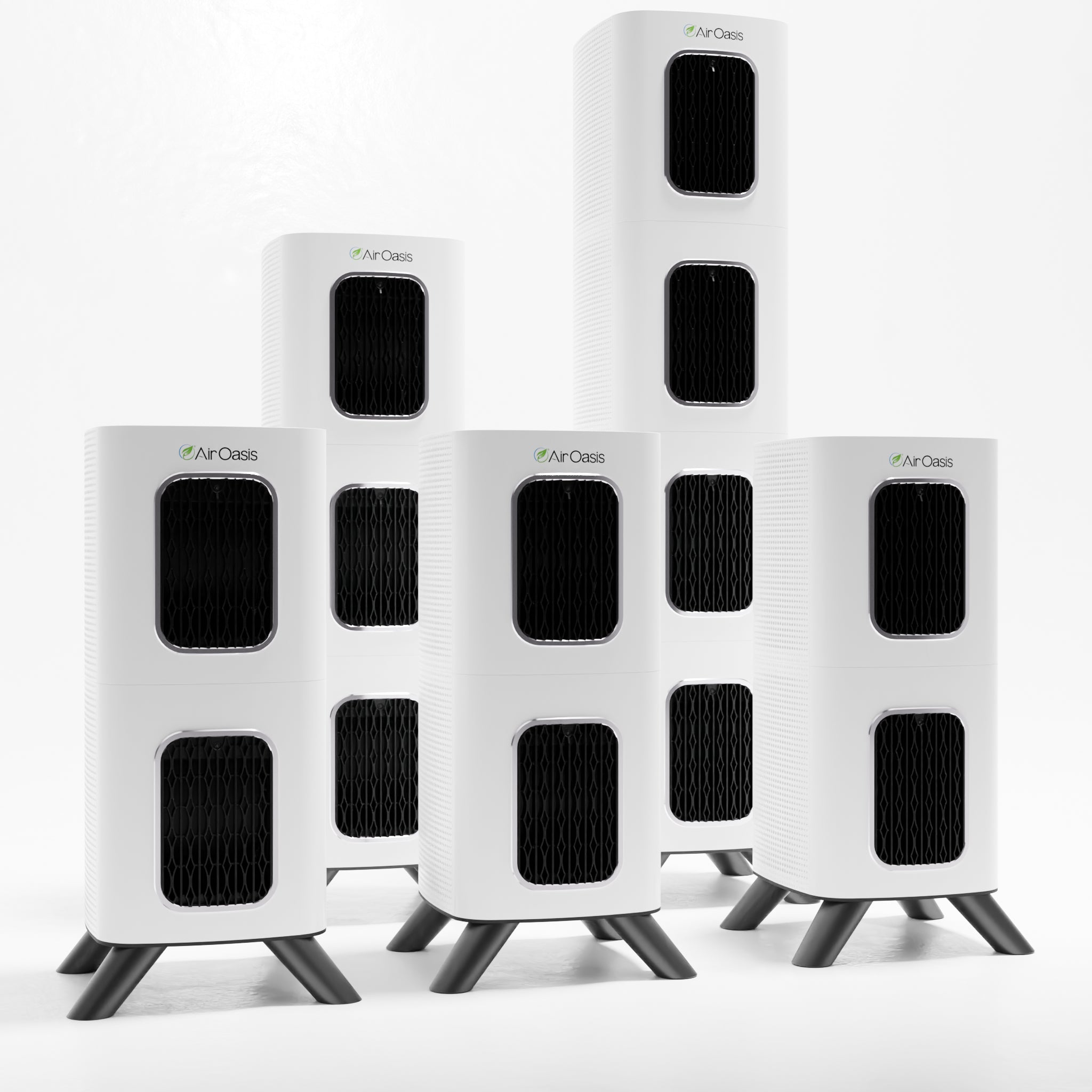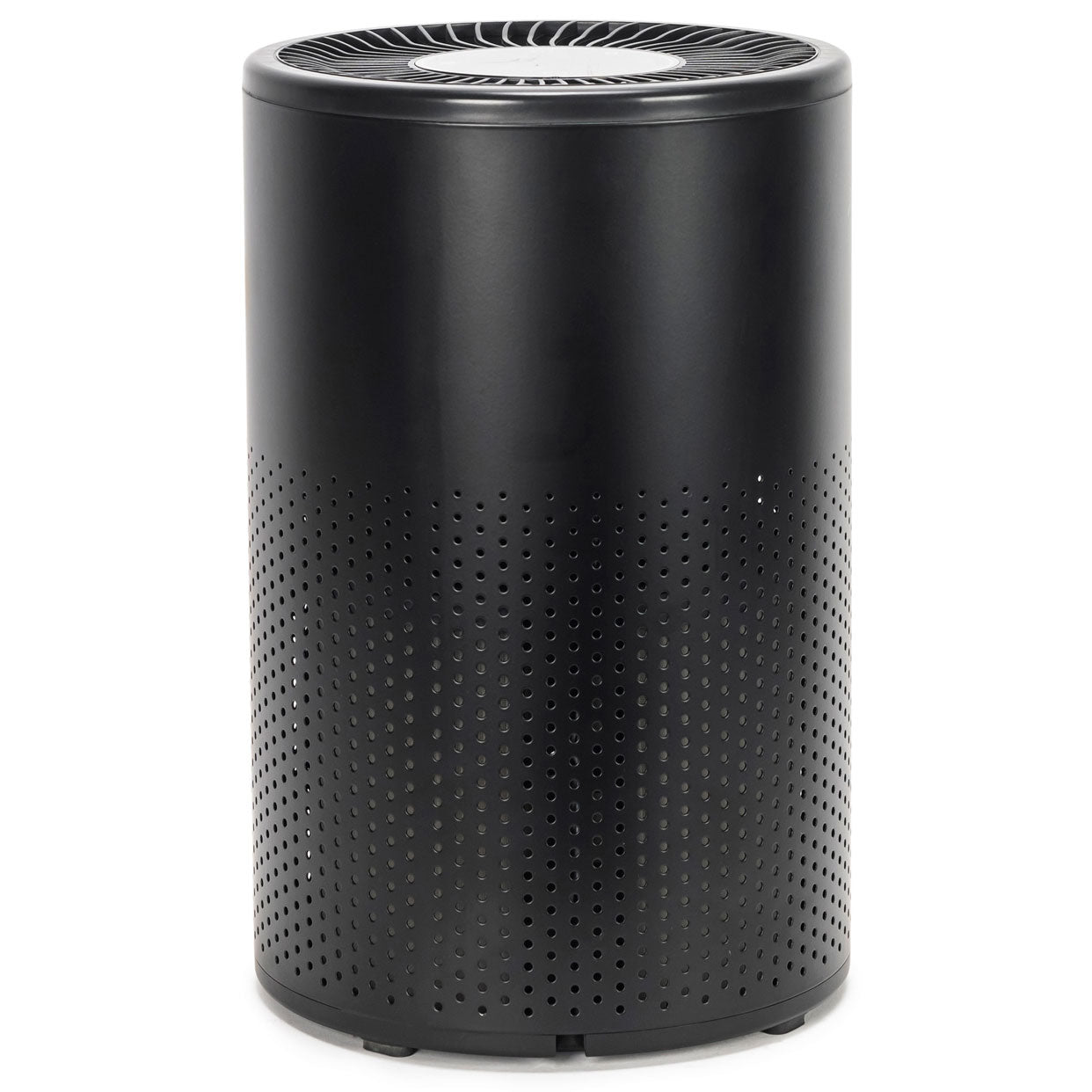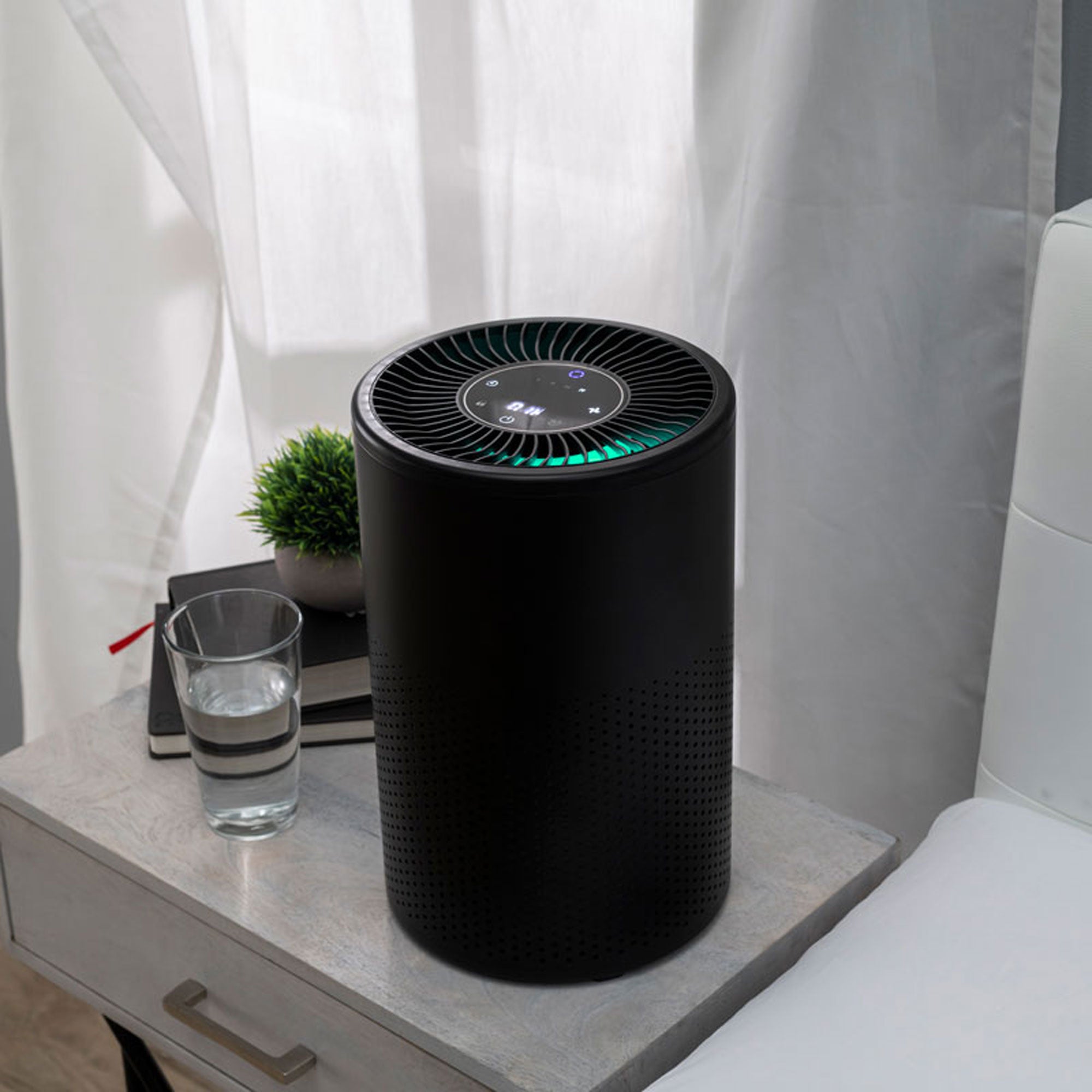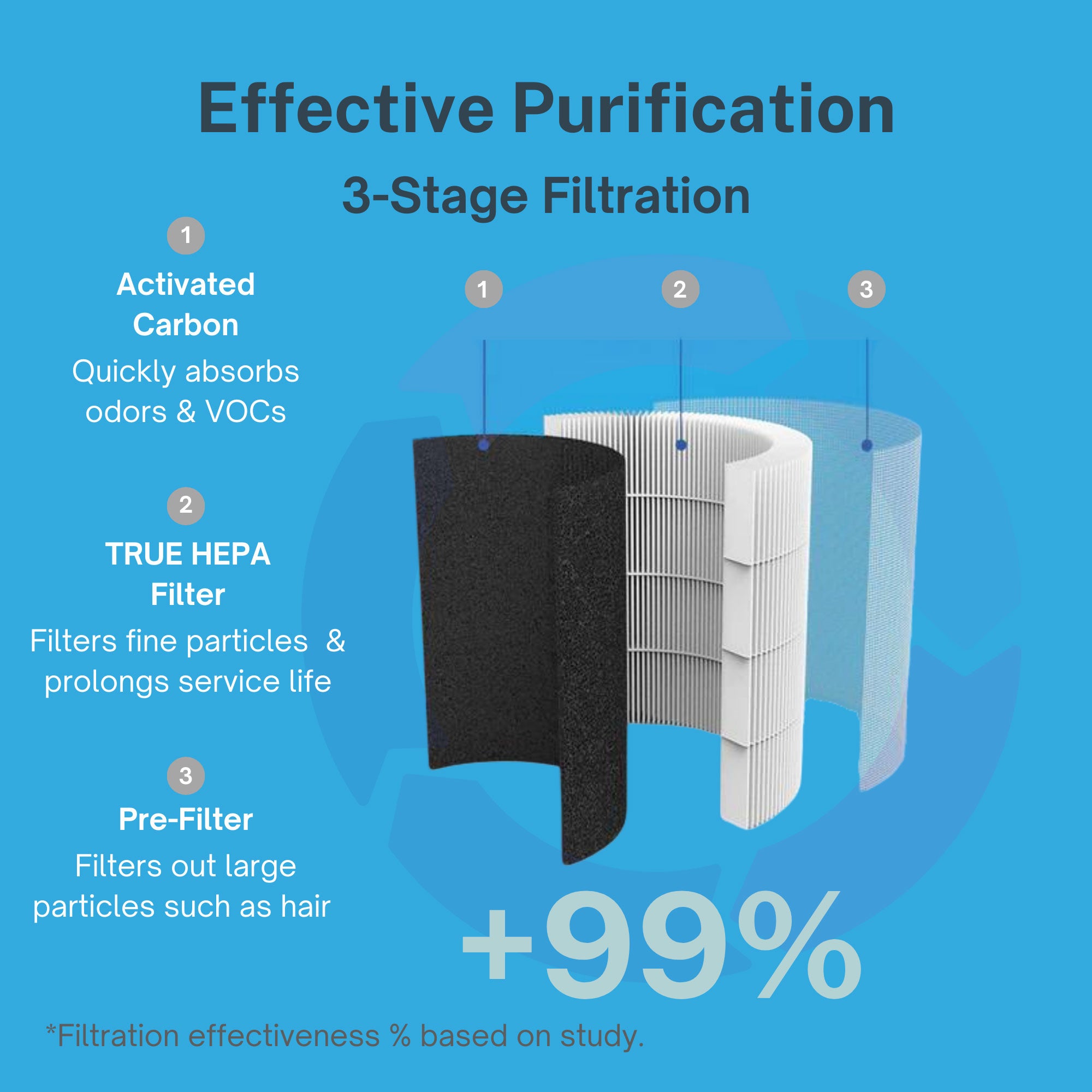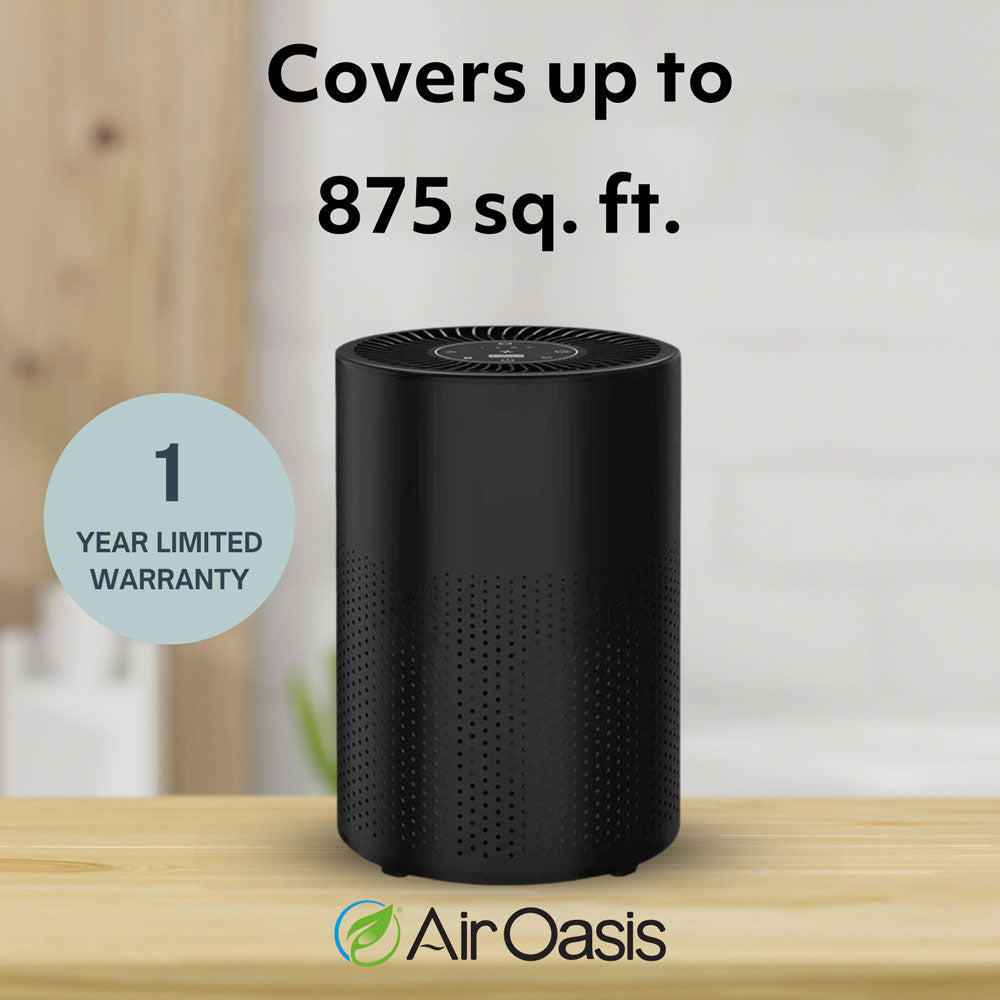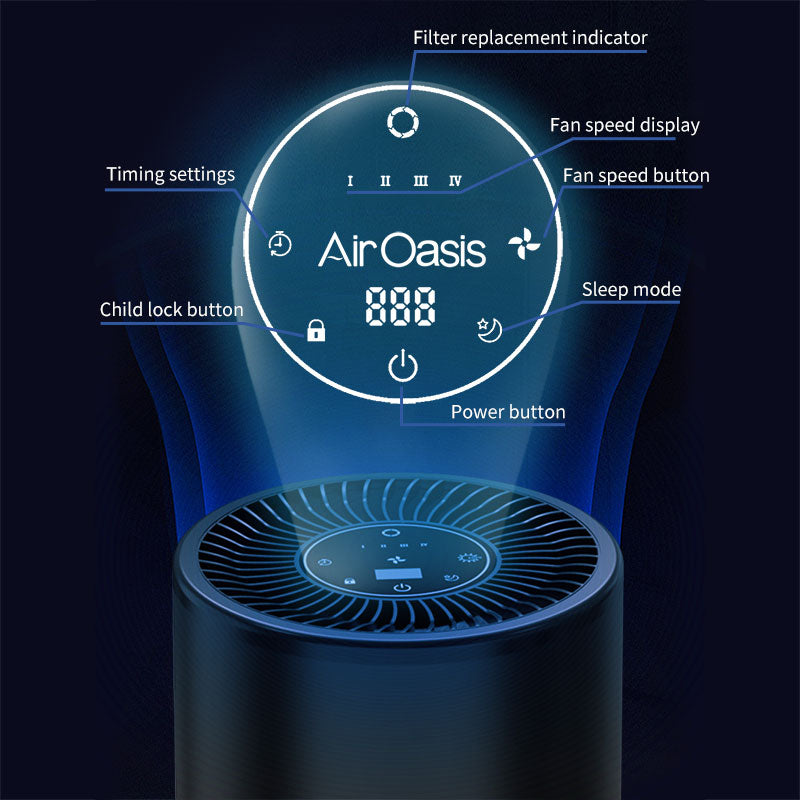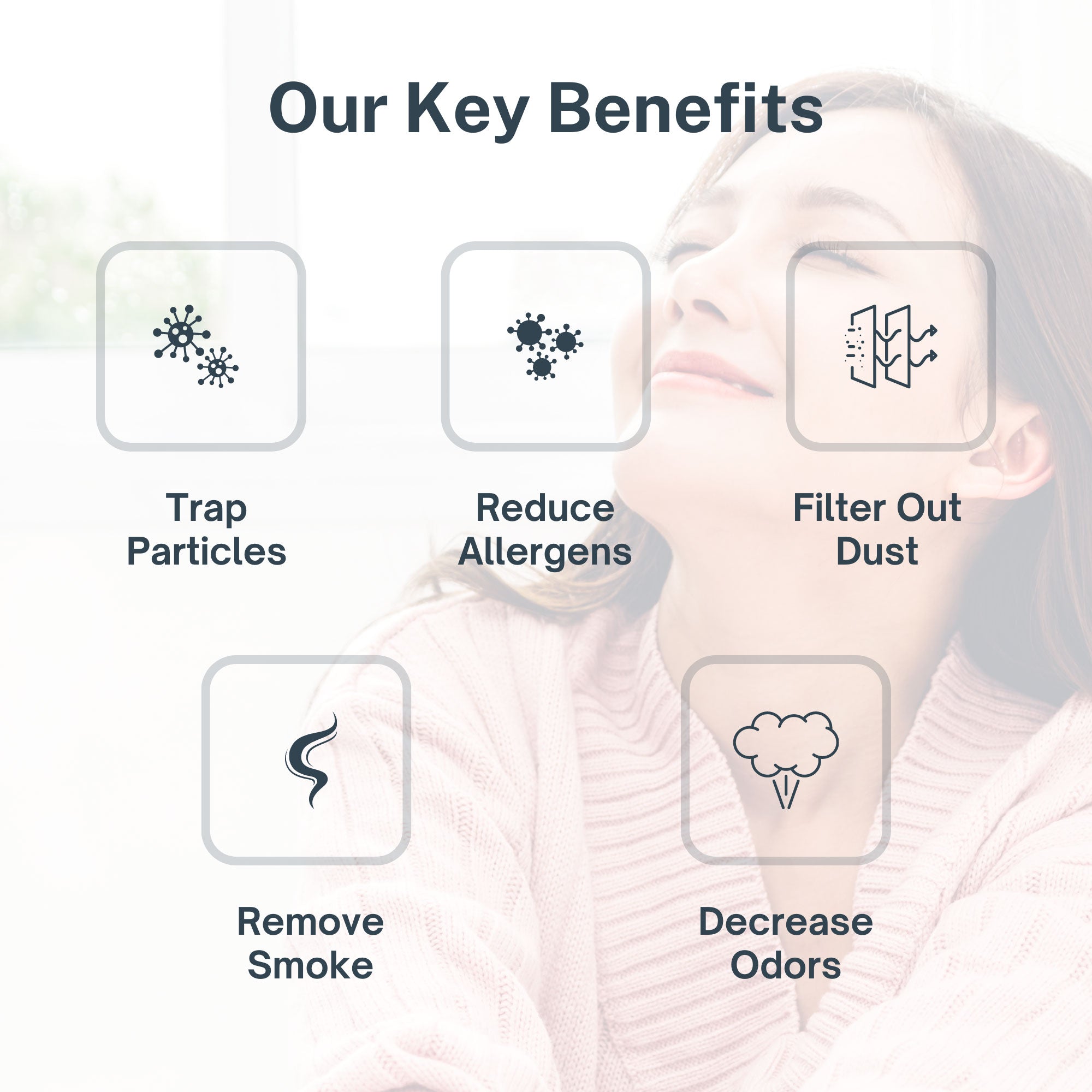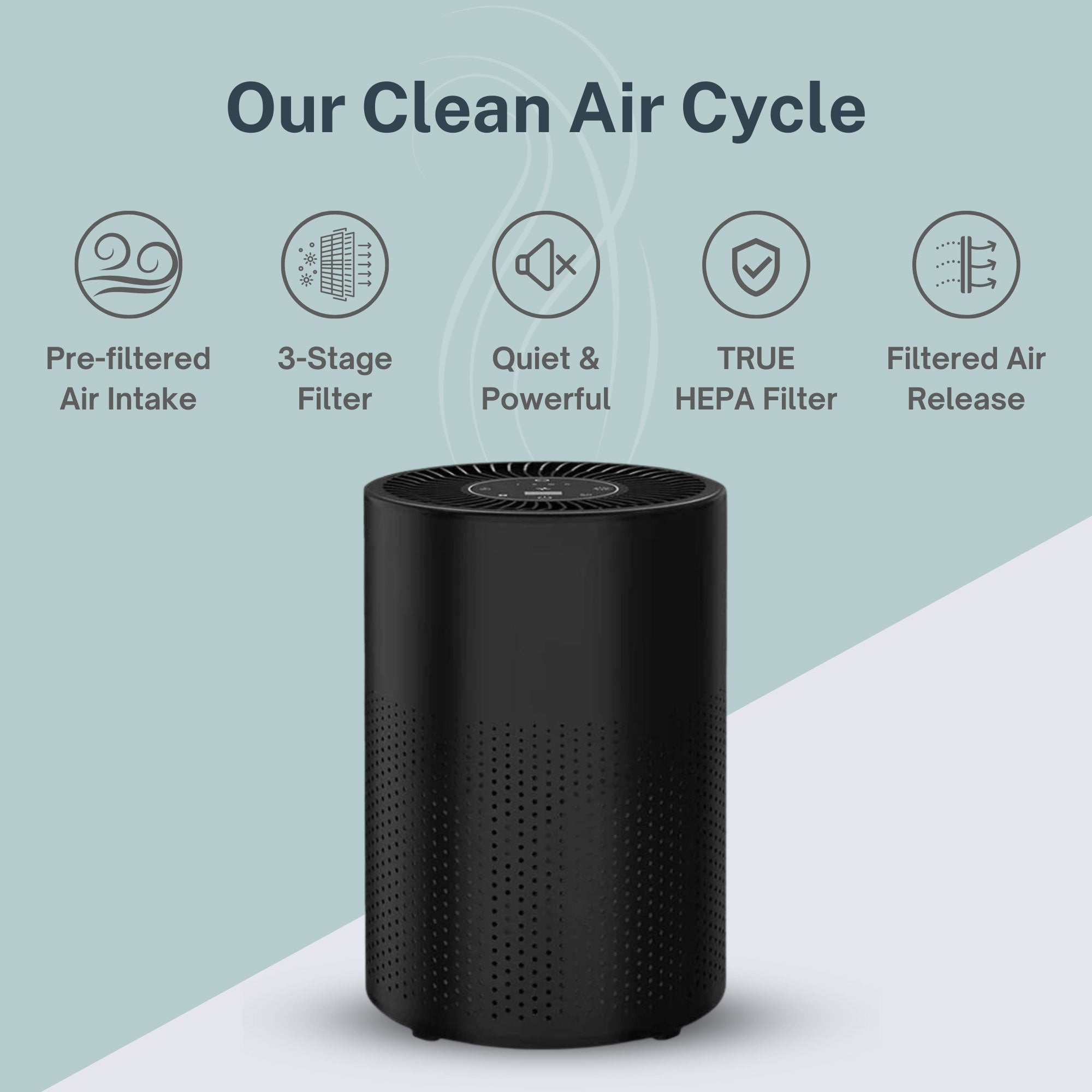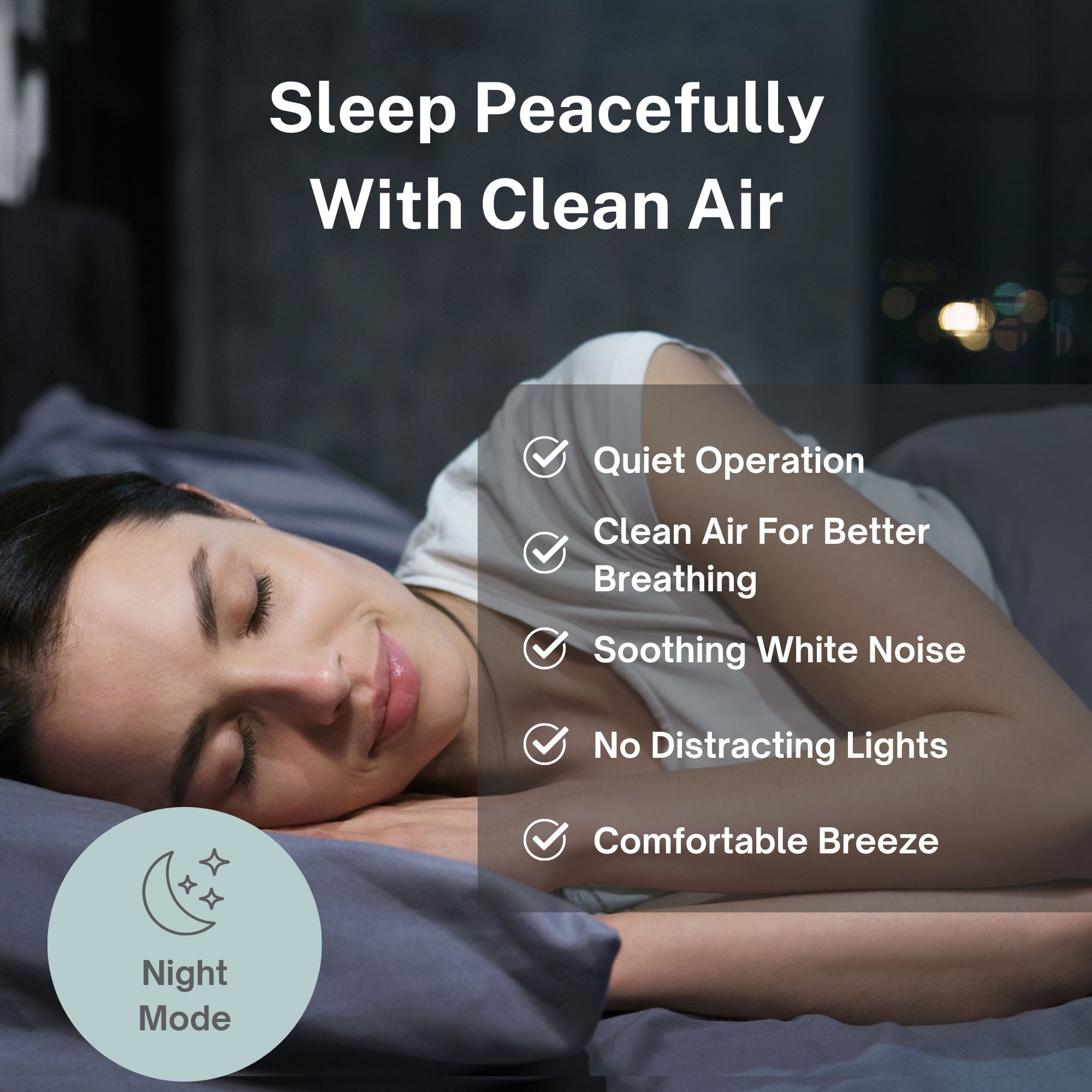You can see it now—the snow gently dusts the trees, and the sun sparkles off the fresh powder as you're wrapped in your favorite blanket by a roaring fire.
Winter magic.
But that idyllic scene comes to a grinding halt as you reapply lotion to your cracking hands or reach for a tissue to calm your sinuses.
Allergies aren't reserved for spring flowers—seasonal allergies (including winter) affect nearly 1 in 3 adults in the U.S.
What are winter allergies, and how can you find relief to enjoy this season?
The secret lies in clean indoor air. With HEPA-enabled technology, Air Oasis air purifiers provide needed relief from winter and rodent allergies.
Can You Have Allergies In The Winter?
Yes, it's quite common for people to experience allergies in the winter.
In general, allergies are caused by the immune system overreacting to different substances around you—that reaction isn't relegated to certain seasons.
Though it's more common for people to experience allergy triggers in the spring, summer, and fall from tree pollen, ragweed pollen, and other outdoor factors, the winter season poses its own set of allergy threats.
The primary culprit?
What Are Winter Allergies?
Seasonal allergies occur for several different reasons. In the winter allergy season, everything from pet dander to increased indoor dust from running a furnace more frequently can increase allergy symptoms.
Outdoor winter allergies are less common; instead, symptoms are commonly triggered by exposure to allergens within the home.
Why is this the case?
As the temperatures outside drop, we spend more and more time indoors with the windows and doors closed. The insulation in our homes keeps the air in, effectively sealing us into our homes—and all the allergies that can come along with it.
Winter Allergy Symptoms
No matter the season, allergy symptoms can be vast and varied, ranging from mild to severe.
Typical cold weather allergy symptoms include:
- Sneezing
- Watery or itchy eyes
- Itchy skin
- Rashes or dry skin
- Runny nose
- Coughing
- An itchy or sore throat
- Morning headaches
- Postnasal drip
- Sinus pressure or congestion
- Dark circles under the eyes from nasal congestion
If those symptoms sound similar to those of a common cold, you'd be correct. So, how can you tell if you're sick or if it's just allergies?
Is It Winter Allergies Or A Cold?
Unfortunately, cold and flu season coinciding with winter allergy season often makes it difficult to differentiate between allergies and the common cold.
Some symptoms, however, are more of a signal of illness versus allergies, including, fever and sore throat.
With symptom overlap, following this general rule of thumb can be helpful. If symptoms linger past the 10-day mark, you are most likely experiencing seasonal winter allergies, even if you didn't know you had them. Symptoms that resolve in under ten days are more likely to result from a common cold or flu.
Common Types of Cold Weather Allergies
The most common winter allergens found inside the home include animal dander, dust, dust mites, mold, cockroaches, and rodents (including dander, droppings, and urine).
Indoor Mold
Winter brings unique challenges when it comes to mold growth and allergies.
The increased indoor humidity during winter is a primary factor in mold growth. Our daily activities—cooking, showering, and even breathing—release moisture into the air. With limited ventilation due to closed windows and doors, this moisture becomes trapped, creating ideal conditions for mold to flourish. The problem is exacerbated by the condensation that forms when warm indoor air meets cold surfaces like windows and poorly insulated walls.
For those with mold allergies, the winter can be difficult due to the extended time spent indoors. This consistently exposes us to mold spores, and the recirculation of air through heating systems can spread these allergens throughout the home.
Dust (And Dust Mites)
There are many common indoor allergens that worsen in the winter—dust and dust mites are certainly a couple of them.
Dust is unavoidable, comprising a mix of skin flakes, pet dander, clothing fibers, and even insect parts. In winter, as we spend more time inside with windows closed and heating systems running, dust accumulates more rapidly. Our carpets, furniture, and bedding become dust magnets, while HVAC systems can circulate these particles throughout our homes.
One byproduct of dust is dust mites, pests that thrive in warm, humid environments and feed on dead skin cells.
This is challenging for those who suffer from a dust mite allergy. What makes them particularly problematic is not the mites themselves but their waste products. The proteins found in dust mite droppings and remains can trigger a range of symptoms when inhaled.
Rodents
If you think your closed windows and old, dusty furnace are the culprits of your winter allergies, you may want to expand your search. Rodent dander and other pest droppings are common triggers for winter allergies.
Whether you suspect cockroaches in your home or have seen the occasional rat or mouse, you can inspect your home by searching for mouse droppings or cockroach droppings, which typically present as flecks or grains the size of a coffee grind.
Mouse Allergens
While mice can be harder to spot, their droppings are much larger, similar to a grain of rice. Whether you notice droppings indicative of cockroaches or mice, you will know you have a rodent infestation you need to deal with–allergies or not.
Mouse allergens can cause individuals prone to winter allergies to develop asthma or allergic rhinitis (also known as hay fever). Most individuals are most sensitive to the physical dander, hair follicles, and urine from mice, but mice allergens can also become airborne in indoor air, causing an occupational health issue in your home.
Pet Dander
Pet dander, a common indoor allergen, becomes more problematic during winter as we and our furry companions spend more time indoors. Contrary to popular belief, it's not pet fur that triggers allergies, but proteins in animals' skin cells, saliva, and urine. These microscopic particles easily become airborne and cling to surfaces throughout our homes.
Winter exacerbates the issue as pets may develop thicker coats and shed more, while dry indoor air can increase skin flaking. The combination of increased shedding, reduced ventilation, and more time spent in enclosed spaces with our pets creates a perfect storm for those sensitive to pet dander.
While completely eliminating pet dander is challenging, strategies like regular grooming, creating pet-free zones, and using air purifiers can help manage symptoms and allow allergy sufferers to coexist more comfortably with their beloved pets during the winter months.
Environmental Allergies
While many associate winter with relief from seasonal allergies, residents of the southern United States, particularly in Texas and surrounding states, face a unique challenge: cedar fever. Despite its name, cedar fever is not a viral infection but an allergic reaction to pollen released by mountain cedar trees, also known as Ashe junipers.
Cedar fever season typically runs from December to February, peaking in mid-January.
During this time, mountain cedar trees release massive amounts of pollen, creating a visible yellow-orange haze that can travel for miles on the wind.
This phenomenon is most severe in central Texas, where the concentration of Ashe junipers is particularly high, but it can affect areas across Oklahoma, Missouri, Arizona, and New Mexico.
Treatment Options For Winter Allergies
As with any form of allergies, there are proactive steps you can take to reduce symptoms.
Regular Cleaning
Alongside your standard home cleaning, consider a winter deep clean to eliminate dust and dander build-up.
Using hypoallergenic cleaning products when possible will eliminate adding allergens to surfaces and won't irritate you while cleaning. Consider using unscented cleaners and detergents, anti-allergen sprays, and dust-trapping cloths.
Pest Control
Controlling and eliminating pet and rodent dander in your home is vital to reducing allergy symptoms. If you believe you may have a cockroach or mice infestation, consider hiring a rodent exterminator.
Medication
Some medications, like over-the-counter allergy medicine or allergy shots, can help alleviate allergy symptoms. Be sure to talk with your doctor before starting any medication.
Quality Indoor Air
Despite your best attempts to clean surfaces and objects in your home from allergy-inducing irritants, the best solution to reducing winter and rodent allergies is to clean your indoor air with a HEPA filter air purifier. HEPA filters remove 99.97% of dust, pollen, mold spores, rodent dander, and other airborne particles. A HEPA air purifier will remove those allergens from the air, preventing them from being distributed throughout your home.
Air Purifiers for Winter Allergies
It's hard enough when the snow, ice, and cold temperatures drive your family inside for the winter months. Suffering from winter and rodent allergies is not a necessary evil of the coldest months of the year.
With HEPA-enabled air purifiers, Air Oasis offers the solution for clean air this winter. Proven effective against up to 99% of allergens, purifiers like the iAdaptAir 2.0 utilize five key technologies to eliminate common contaminants from the air and reduce allergy-causing symptoms.
Shop for air purifiers for winter and rodent allergies today.





